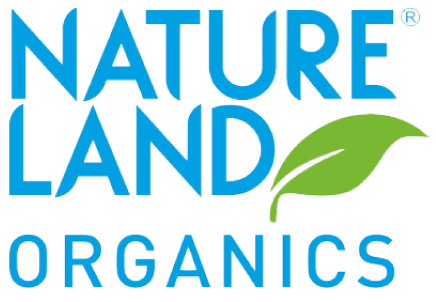
Let’s understand PCOS
Polycystic ovary syndrome (PCOS) is a common hormonal disorder that affects women of reproductive age. It is characterised by a range of symptoms, including irregular menstrual cycles, excess androgens (male hormones), and the presence of multiple cysts on the ovaries.
The exact cause of PCOS is unknown, but it is thought to involve a combination of genetic and environmental factors. The symptoms of PCOS can vary from person to person, but common signs include irregular periods, difficulty getting pregnant, excess hair growth, acne and weight gain. PCOS can also increase the risk of developing other health conditions, such as type 2 diabetes, high blood pressure, and sleep disorders.
So, how to treat PCOS?
Treatment for PCOS typically involves managing the symptoms and addressing any underlying health issues. This may include lifestyle changes, such as emphasising on a healthy diet and exercising regularly, as well as medications to regulate the menstrual cycle, reduce androgen levels, and manage insulin resistance. In this article, let’s talk about how to emphasise on a healthy diet by adding millets in our daily diet plan.
Role of millets in combating PCOS
Millets can play a beneficial role in the management of PCOS. Millets are a group of small-seeded grains that have been traditionally cultivated and consumed in many parts of the world. They are rich in fibre, vitamins, minerals, and antioxidants, and have a low glycemic index, which can help regulate blood sugar levels.
Eating foods with a low glycemic index, such as millets, can help regulate blood sugar levels and improve insulin sensitivity.In addition to their low glycemic index, millets are also rich in fibre, which can help improve gut health and promote feelings of fullness. This can be particularly beneficial for women with PCOS who may struggle with weight management.
Some studies have suggested that incorporating millets into the diet may also help reduce inflammation and improve lipid profiles in women with PCOS.Overall, incorporating millets into the diet can be a healthy and nutritious way to manage PCOS symptoms, particularly for those who are looking to regulate blood sugar levels and improve insulin sensitivity. However, it is important to consult with a healthcare professional to determine the best dietary approach for managing PCOS.
MILLETS to include in the diet for managing PCOS
There are several types of millets that can be helpful to add to the diet for managing PCOS.
Here are some of them.
- Foxtail Millet
Foxtail millet is rich in fibre, protein, and antioxidants. It has a low glycemic index, which can help regulate blood sugar levels and improve insulin sensitivity. It can be used to make a variety of dishes, including porridge, upma, and dosa.
- Little Millet
Little millet is another low glycemic index grain that is high in fiber, protein, and essential minerals such as iron and magnesium. It can be used to make a variety of dishes, including idli, dosa, and upma.
- Barnyard Millet
Barnyard millet is a gluten-free grain that is high in protein, fiber, and antioxidants. It has a low glycemic index, which can help regulate blood sugar levels. It can be used to make a variety of dishes, including upma, porridge, and kheer.
- Kodo Millet
Organic Kodo millet is a nutrient-dense grain that is high in protein, fiber, and essential minerals such as iron and calcium. It has a low glycemic index, which can help regulate blood sugar levels. It can be used to make a variety of dishes, including dosa, idli, and upma.
- Pearl Millet
Pearl millet (Bajra) is a gluten-free grain that is high in fiber, protein, and essential minerals such as iron and magnesium. It has a low glycemic index, which can help regulate blood sugar levels. It can be used to make a variety of dishes, including porridge, roti, and khichdi.
Conclusion
Millets can be a healthy addition to the diet for managing PCOS, they should be consumed as part of a balanced diet that includes a variety of nutrient-dense foods. It is also important to consult with a healthcare professional or registered dietitian to determine the best dietary approach for managing PCOS.







